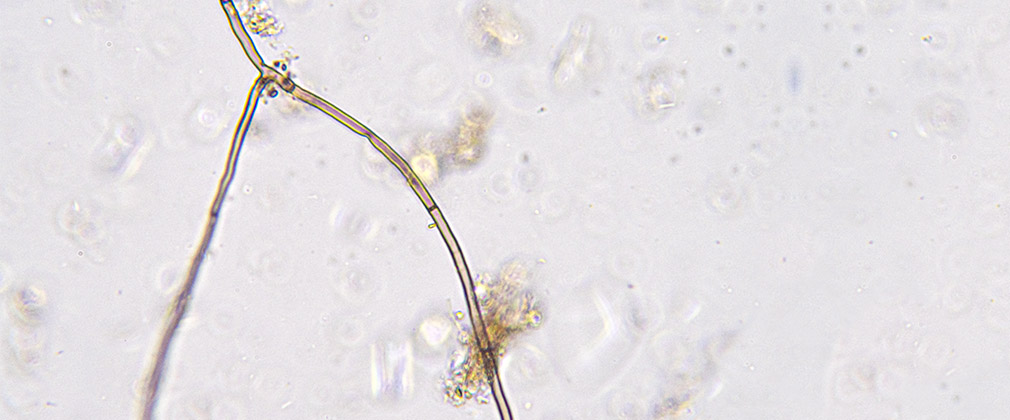New Book by CLF Explores the World of Soil Microbes
Aug 25, 2025

A new book produced by the Johns Hopkins Center for a Livable Future delves into the microbiology of healthy soil and supports the case for transitioning agriculture from conventional chemical farming methods to biological farming methods. What if Soil Microbes Mattered? Our Health Depends on Them, written by CLF’s food correspondent, Leo Horrigan, advocates for advancing the prevalence of soil-centered farming methods as a way to benefit public health, the environment, and rural communities.
The book examines in-depth the mechanisms by which microbial organisms build soil structure, defend plants from pests and diseases, and provide critical minerals that sustain plants and, in turn, become a key component of a healthy human diet.
What If Soil Microbes Mattered? also catalogues the ways in which the predominant farming methods, which rely on chemical applications, damage soil’s ecology and diminish its ability to perform vital functions. Such methods, as detailed in the book, include plowing and using synthetic fertilizers and pesticides. As a counterpoint, Horrigan discusses how regenerative agriculture works with microbial allies in the soil to repair damage done by conventional farming and to regenerate the soil itself.
Regenerative farming emphasizes methods such as no-till and low-till to minimize disturbance to the soil ecology; biological inputs (e.g., compost and manure) that supplement the microbial content of the soil; and crop rotations and diverse cropping – i.e., biodiversity – as the best defense against pest and disease outbreaks.
“It might seem grandiose to think that agriculture could make this large a transition, but remember that most of the transition to an industrial style of agriculture was accomplished in just a few decades,” says Horrigan.
The book also explores how the regenerative model of farming could be a significant part of the solution to the climate crisis. Healthy soils store more carbon than chemically treated and heavily tilled soils, in large part because fungi are severely damaged by these methods. Fungi are important allies when it comes to storing carbon, as they create complex carbon compounds that are stable in soil so long as it remains undisturbed.
What if Soil Microbes Mattered? is available as PDF and as an audiobook. It is a follow-up to the Center’s 2023 book, What if CAFOs Were History?: The Rise of Regenerative Agriculture.